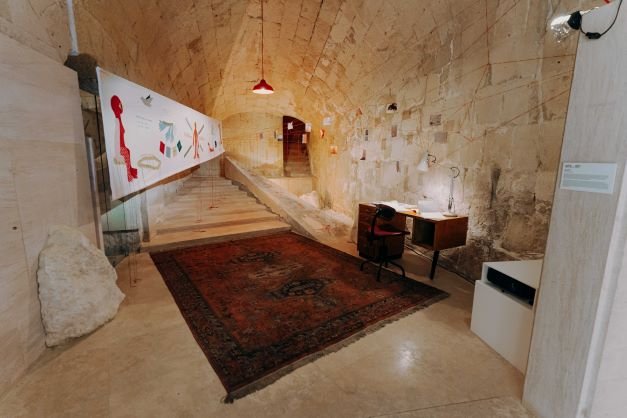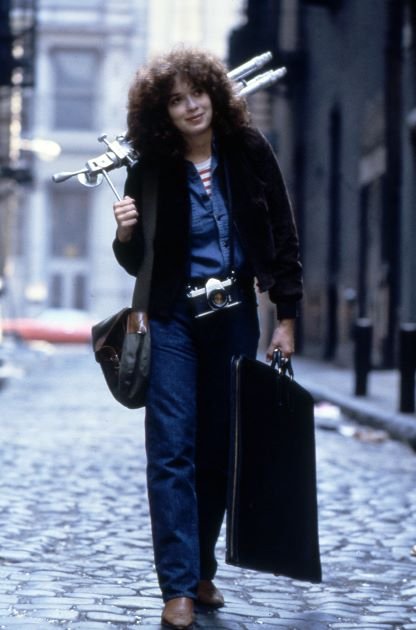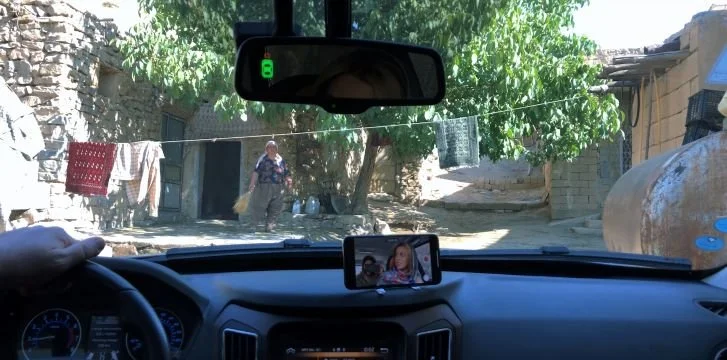
The Ordinary Lives of Women
A feminism of the ordinary
One pitfall of feminist narratives can be to separate the female condition from ecology, economy or nationalism; to detach it from what constitutes and sustains it. Another misleading tendency is to place the limelight on women’s prominent achievements, forgetting the daily struggles many face in order to maintain their environment. These are the main issues The Ordinary Lives of Women exhibition challenges.
The ten female artists within this exhibition approach the multi-faceted lives of those identified and identifying as women around the world. They address the mundane in the revolutionary and reveal the revolutionary within the mundane. Going beyond iconic and visible moments of feminist acts, they explore how other, less conspicuous acts, such as radical care, can disrupt and sabotage established power, reflected in Antigone’s ultimately fatal refusal to leave her brother’s corpse unburied. Here, the artists do not necessarily defend any feminine or female essence, but rather attempt to reclaim a space for female politics and restate how power shapes every aspect of women’s lives.
What may be common to all the works in the exhibition are the quandaries in which women find themselves daily. Women are possessors of bodies which at the same time are publicly owned. Patriarchy offers little recognition of the daily gestures that women implement in order to keep unofficial history alive, to defend the rights of the undervalued, to work and care simultaneously; in other words, the wide variety of women’s modes of resistance.
Placing the limelight on the achievements of individual women leaves little space in which to acknowledge the lives of women on an equal footing, and with equal rights and respect. The Ordinary Lives of Women, instead, gives visibility to the mundane, to its constraints and its revolutionary potential. There can be revolution in the mundane, just as there can by mundanity in the revolutionary process.
Co-curators: Elise Billiard Pisani, Margerita Pulè
Exhibition design: Noura Abdelhafidh
Film programme: Nicole Bearman
Catalogue: Ann Dingli
Participating artists: Florinda Camilleri (MT) & Abigail Agius (MT), Charlie Cauchi (MT), Edith Dekyndt (BEL), Katel Delia (FR/MT), Rachel Fallon (IRL), Julieta Gil (MEX), Syowia Kyambi (KEN/DR), Fatima Mazmouz (/MAR/FR), Francesca Saraullo (IT)
Catalogue contributors: Amira Hassnaoui, Kathrin Shoedel.
Graphic design: 2point3
Communications: Alessia Caruana
With thanks to NOIstudio, Spazju Kreattiv, Heritage Malta
Space A, Spazju Kreattiv, Valletta
28 January 2022 - 13 March 2022
Supported by APS Bank, Arts Council Malta - Project Support Scheme & the Melita Foundation.
Also supported by the Embassy of Ireland in Malta, and the Embassy of France in Malta.
Hosted by Spazju Kreattiv
Exhibition
Photo credits: Lindsey Bahia
Exhibition Catalogue
Editor: Ann Dingli
Curatorial Note: Elise Billiard Pisani, Margerita Pulè
Contributors: Amira Hassnaoui, Kathrin Shoedel
Interviews with Julieta Gil, Rachel Fallon, Syowia Kyambi (by Ann Dingli)
Graphic Design: 2point3
Live Events
7pm | Friday 28 January 2022 | Space A, Spazju Kreattiv
Laugh and Protest: Fatima Mazmouz in conversation with Elise Billiard Pisani
The French Moroccan artist discusses her practice, which revolves around the resistance and combat of women being mothers or sex workers. With humour, burlesque, and absurdity she reflects on our modes of representation legitimating the numerous abuses imposed on female bodies, and at the same time plays with the stereotypes and diktats of our consumerist societies. Through her work, Fatima Mazmouz also analyses the mechanics at the heart of the ‘colonial body’, revealing, challenging and repairing memory and accepted historical fact.
Art Additives: Why We Do What We Do: Charlie Cauchi, Margerita Pulè speak to Irene Chias
Feminist writer Irene Chias moderates a discussion on female agency, gender roles, the acceptance of stereotypes and the perils of tidy conclusions. How can women escape from the quandary of being simultaneously a private person with a seemingly publicly-owned body? And how can the speculative inversion of gender roles in relation to work, power and desire bring us towards a more equal society?
place matter(s): Florinda Camilleri & Abigail Agius
How might we discover new ways of relating with a symbolic space and all its matter(s)? Abigail Agius and Florinda Camilleri address this question through a studio sharing of their research project, showing the video work made during the process, and sharing information gathered through interdisciplinary research in Castille Square between November 2021 and January 2022. At the core of this process lies their desire to discover alternate narratives and joyful histories within Castille Place.
Kaspale’s Playground: Syowia Kyambi
In this installation-performance, Kaspale, a playful trickster character, pays homage to the famous mothers protest of 1992. Kaspale’s Playground revisits Kenya’s recent history, bringing to the fore the many layers of violence that underpinned former President Daniel Toroitich Arap Moi’s 24-year rule. The work claims both the remembering and the telling of this history in ways that are not mediated by a supposed shared national memory.
Film Programme
This film programme sets out to create a cinematic context for framing the everyday challenges of every woman – both ordinary and extraordinary and anywhere in between. It embraces the curatorial theme of highlighting women who have been ‘pushed to extraordinary acts when their rights and lives - and those of their societies - have come under threat’. And it also turns a particular lens on women and girls in public and private space; on safety and expected behaviour. Safety in public space is about who public space is for. While women’s everyday duties and responsibilities often take place in the exterior, in film, women and women’s stories are usually based in the interior; they’re only allowed out as demons and provocateurs.
Spanning the 20th and 21st Centuries, this selection of features, shorts, documentaries and films by artists features women directors and artists of diverse backgrounds and locations – Persian, Iranian, Australian, North American, Palestinian, Guatemalan, Swiss/Austrian, and Kosovan
9pm | Friday 4 March 2022 | Spazju Kreattiv Cinema
Vivian’s Garden (2017) 30 minutes
Rosalind Nashashibi
Become A Microscope: 90 Statements on Sister Corita (2014) 23 minutes
Aaron Rose
A Girl Walks Home Alone at Night (2014) 1hr 40 minutes
Lily Amirpour
5pm | Saturday 5 March 2022 | Spazju Kreattiv Cinema
Hidden (2020) 18 minutes
Jafar Panahi
The Time that Remains (2012) 12 minutes
Soda_Jerk
HAUS 209 (2015) 10 minutes
Bettina Hutschek
Girlfriends (1978) 1hr 26 minutes
Claudia Weill
Supported by APS Bank, Arts Council Malta - Project Support Scheme & the Melita Foundation.
Also supported by the Embassy of Ireland in Malta, and the Embassy of France in Malta.
Hosted by Spazju Kreattiv












































